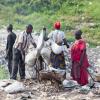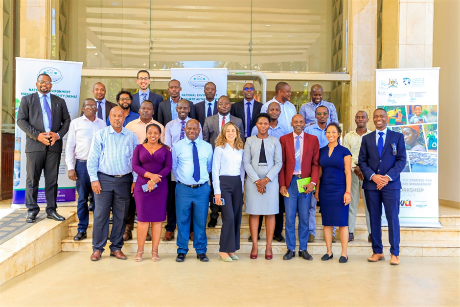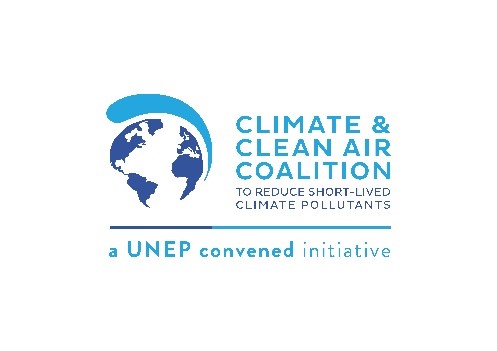
This project responds to a request made by the National Environment Management Authority (NEMA) and the Ministry of Water and Environment of Uganda. It aims to support Uganda in developing a strategy for organic waste management that aligns with its current policies, existing national regulations on waste, and ambitions for the 2025 NDC update.
The project will also enhance the capacity of relevant national and subnational institutions, policy and legal frameworks, and financing options to promote action on waste separation, organic waste diversion from landfills, and the extraction of value from organic waste.
The reduction of short-lived climate pollutants (SLCPs) is crucial for simultaneously slowing down climate change and reducing air pollution. Methane (CH4) is a potent greenhouse gas with a warming potential 28 times greater than carbon dioxide in 100 years. However, CH4 is considered a short-lived greenhouse gas as it degrades in the atmosphere in about a decade. Therefore, actions to reduce CH4 emissions can swiftly mitigate the rate in global warming in the near-future. Most of the anthropogenic CH4 emissions come from fossil fuels, agriculture, and waste.
In developing countries, between 50% and 60% of the waste is organic. When disposed of in landfills and dumpsites, it decomposes, generating CH4 emissions. Besides contributing to emissions, organic waste is lost instead of being reused or recirculated as a valuable material (e.g., compost). Therefore, taking actions towards sustainable organic waste management is meaningful in reducing SLCPs as well as creating new business opportunities.
- The Government of Uganda endorses the sector strategy for organic waste management by the end of the project or soon after
- The Government of Uganda has greater access to finance to implement its organic waste management strategy by the end of the project or soon after
- National and subnational authorities in Uganda have a demonstrated increased capacity for organic waste management at the end of the project
Project partners:
- Stellenbosch University (South Africa)
Project collaborators:
- African Centre for Clean Air (Uganda)
Ongoing activities:
- Development of national SLCPs inventory for the waste sector
Progress:
- The inception meeting for the project took place in Kampala, Uganda from 16-18 April 2024.
News

15 April 2024



